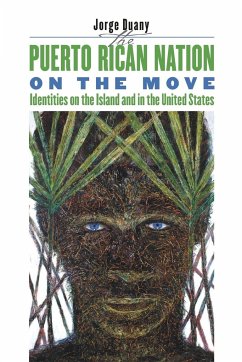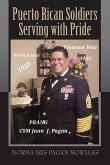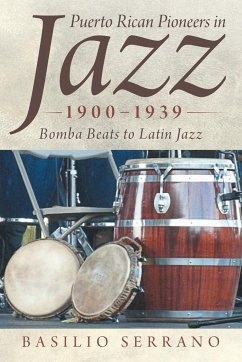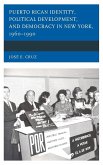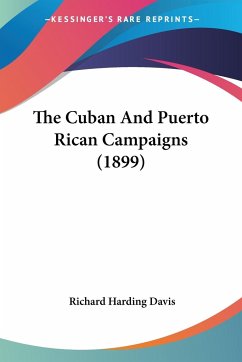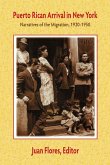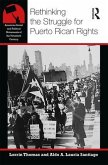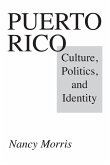Puerto Ricans maintain a vibrant identity that bridges two very different places--the island of Puerto Rico and the U.S. mainland. Whether they live on the island, in the States, or divide time between the two, most imagine Puerto Rico as a separate nation and view themselves primarily as Puerto Rican. At the same time, Puerto Ricans have been U.S. citizens since 1917, and Puerto Rico has been a U.S. commonwealth since 1952. Jorge Duany uses previously untapped primary sources to bring new insights to questions of Puerto Rican identity, nationalism, and migration. Drawing a distinction between political and cultural nationalism, Duany argues that the Puerto Rican "nation" must be understood as a new kind of translocal entity with deep cultural continuities. He documents a strong sharing of culture between island and mainland, with diasporic communities tightly linked to island life by a steady circular migration. Duany explores the Puerto Rican sense of nationhood by looking at cultural representations produced by Puerto Ricans and considering how others--American anthropologists, photographers, and museum curators, for example--have represented the nation. His sources of information include ethnographic fieldwork, archival research, interviews, surveys, censuses, newspaper articles, personal documents, and literary texts.
Hinweis: Dieser Artikel kann nur an eine deutsche Lieferadresse ausgeliefert werden.
Hinweis: Dieser Artikel kann nur an eine deutsche Lieferadresse ausgeliefert werden.

